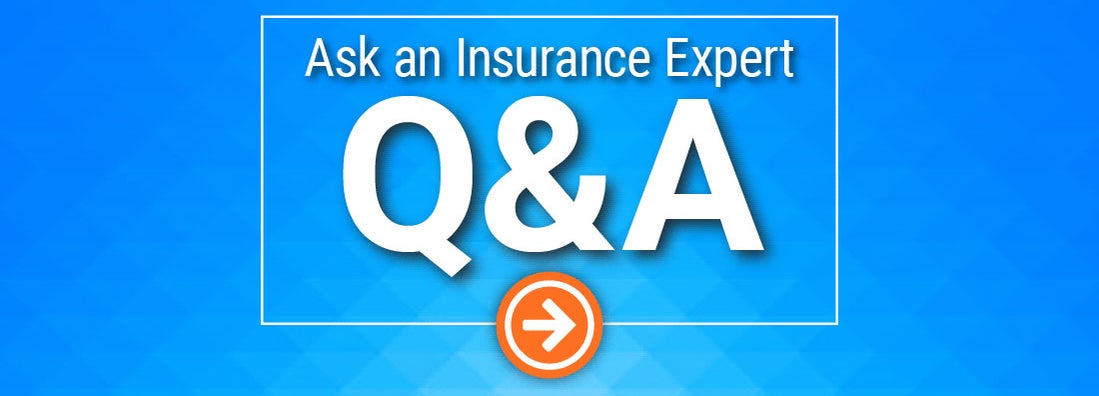Is Disability Insurance a Taxable Business Expense?

Paul Martin is the Director of Education and Development for Myron Steves, one of the largest, most respected insurance wholesalers in the southern U.S.

Navigation
Is disability insurance a business expense?
What is short-term disability insurance?
What is long-term disability insurance?
Expert(s) Found on this Page
Is disability insurance a business expense?
I'm thinking about providing my employees with disability insurance, but I'm worried about costs. If I provide this as a benefit, is it possible to deduct the cost as a business expense?
Yes, provided that the disability insurance is a qualified benefit. Let's break that down.
A qualified benefit is a benefit that meets certain requirements set forth in Section 401(a) of the Internal Revenue Code. When a benefit meets these requirements, you get a tax benefit. Now, we're not going to get into which plans qualify under the tax code because there are so many possibilities. When you're shopping around for disability insurance coverage for employees, this is something that you can bring up to your TrustedChoice.com independent insurance agent.
The lesson here is that if you're going to offer disability insurance, make sure it qualifies for tax purposes. When it does, it's deductible as a business expense.
What is short-term disability insurance?
I've heard of disability insurance, but I've also heard of short-term disability insurance. What's the difference?
Short-term disability insurance is just what it sounds like: It's short-term insurance that pays your employer while you can't work because your employer is still paying you while you're injured and taking time off.
Let's use an example. Assume that you have an employee who is injured on the job. Let's further assume that it's a physical job. So while their arm/leg/back/etc. is healing, they can't work. They'll still be compensated for their injury, and that money comes from your company. Disability insurance reimburses you for what you pay to the employee so that you aren't paying out money and receiving nothing in return.
What is long-term disability insurance?
My follow up question is about long-term disability insurance. If short-term works like you say it does, how does long-term disability insurance work?
Long-term disability insurance is like short-term disability insurance, but it's more about severance than a temporary fix. Generally, it's what kicks in after 120 days have passed and an employee hasn't recovered. The issue is that they're on your payroll and are getting paid, but still aren't working. The question becomes whether you're going to keep them on or whether it's time to cut your losses and rehire.
The purpose of long-term disability insurance is that it pays the employee a multiple of their gross salary so that you, the employer, can sever the relationship with your employee and move on. This way, the disability insurance compensates your employee, and you can replace the employee and use the money you were using to pay the employee to hire someone new.
Of course, there's a human resources angle to this. It's about when you want to be able to terminate a relationship. You don't want to do it too soon, but you have to think about your business, too.
If you're confused about long-term disability or when enough is enough, your TrustedChoice.com independent insurance agent is a great resource to turn to.
